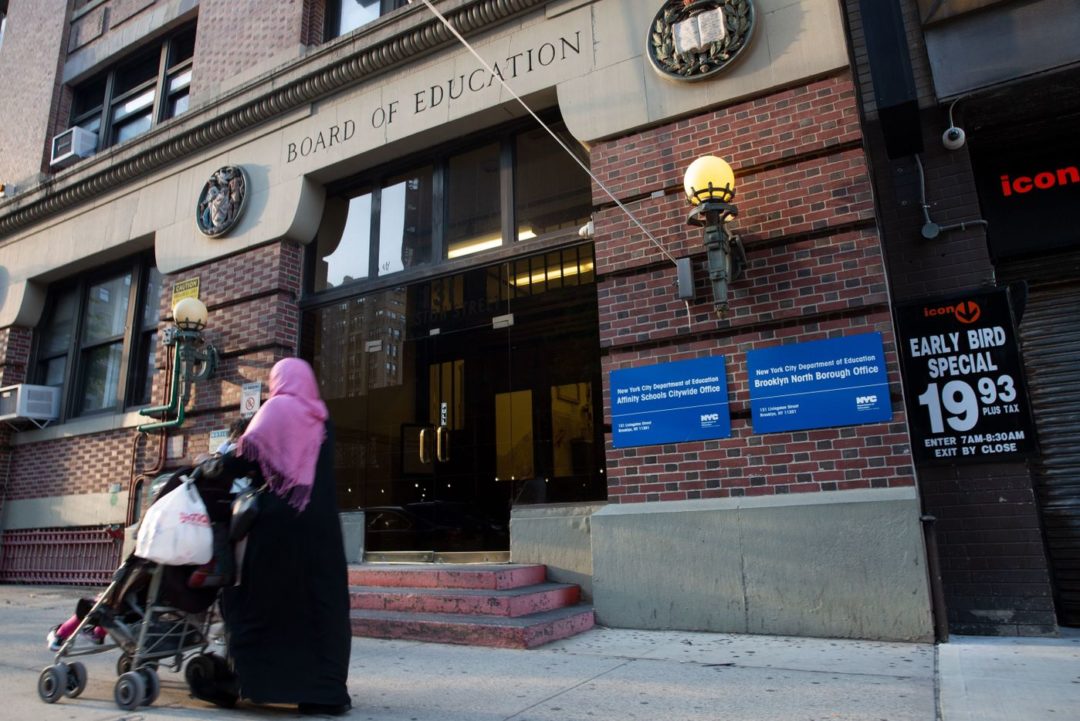Thousands of Delayed Special Education Complaints in NYC Spark Class Action Lawsuit


Originally posted on Chalkbeat on February 10, 2020.
By Alex Zimmerman, Chalkbeat and Yoav Gonen, THE CITY
The city’s special education complaint system is buckling under a glut of unresolved cases, with delays routinely violating students’ civil rights, according to a new class action lawsuit.
The city and state education departments — which both have roles overseeing the complaint system — have “acted with deliberate or reckless indifference” to students’ rights, says the federal lawsuit filed Friday by the New York Legal Assistance Group and the law firm Sullivan & Cromwell.
Families whose requests for additional services are denied by schools, or who believe their child’s academic setting is inadequate, have a legal right to file a complaint with the city’s education department, and their cases are required to be resolved within 75 days.
This can include a case where a student isn’t receiving physical therapy sessions that are listed on her Individualized Education Program (a legal document known as an IEP), or a case where parents are seeking tuition reimbursement for a private school because no public schools offer the required services.
The city faces more than 10,000 open complaints, nearly 70% of which have blown past the legal deadline for their resolution, forcing families to wait months or even years before receiving the special education services they’re entitled to, according to the complaint.
“Despite knowing about these delays for years, the defendants have failed to repair [the city education department’s] severely broken hearing system,” the lawsuit says. “The price for this dysfunctional system has been paid by New York’s most vulnerable residents.”
Filed on behalf of five families who have experienced delays, the lawsuit represents an escalation from advocates, who have repeatedly called on city and state officials to take more dramatic action. But despite those pleas — and even a state corrective action plan directed at the city — there are signs that the situation has only become more dire.
The city’s education department has been inundated with a growing number of cases with complaints doubling over the past five years. These challenges are reviewed by an independent hearing officer, under a process that by law is supposed to take no longer than 75 days from the moment a complaint is filed until a decision is issued. But the average amount of time it takes to resolve a case has ballooned to 259 days, a 74% increase since the 2014-15 school year.
Advocates said the delays are especially hard on low-income families, who are unable to pay for services out-of-pocket and hope the city reimburses them later, a common practice among more affluent families.
“They don’t have the money to put up front to get the services, so they’re disadvantaged far worse,” said Nelson Mar, an attorney at Bronx Legal Services, which represents low-income families. “The laws are very clear that this process is supposed to happen quickly. When it doesn’t happen, these children are severely impacted.”
Still, even if a family finally makes it to a hearing — and wins — the education department routinely continues to delay services, a practice that is the subject of a separate legal complaint.
“Every step in the process really is broken,” said Rebecca Shore, the litigation director for Advocates for Children.




